Hot flushes, mood swings, forgetfulness? Unfortunately, it is difficult to escape menopausal symptoms, but you can help yourself to manage them.
This World Menopause Month, editor Jane Garton looks at ways to make the going easier as you go through this natural phase in every woman’s life.
From being a taboo subject and little talked about, the menopause and the perimenopause (the years leading up to it) have become hot topics with mid-life celebs such as Meg Mathews, Davina McCall and Gwyneth Paltrow sharing their experiences in the media. And it’s not a moment too soon as for too long many menopausal women suffered in silence.
Symptoms of the menopause
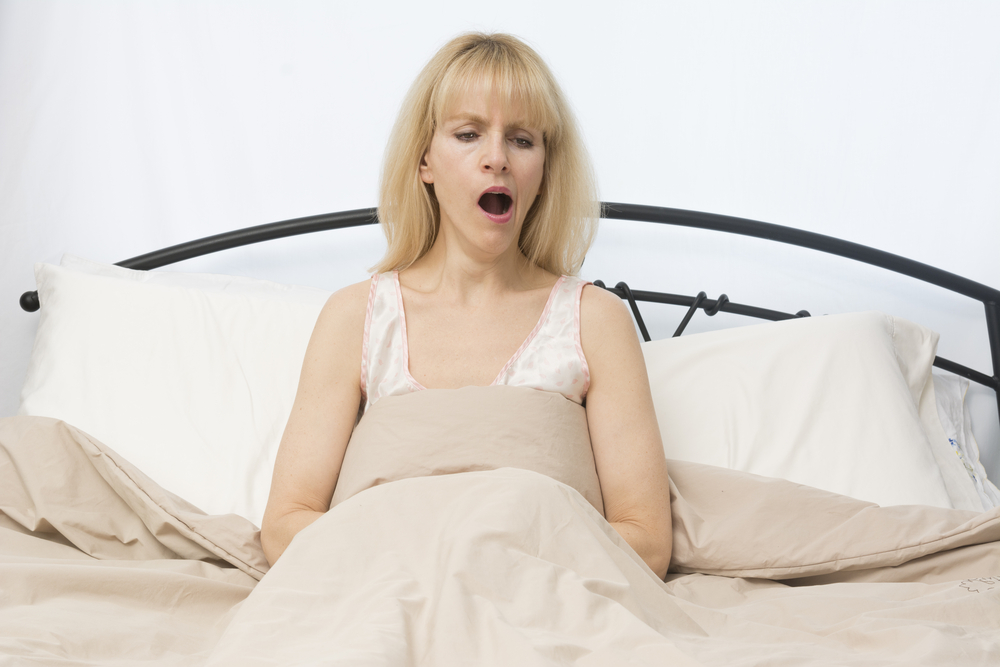
There are 30 recognised symptoms of menopause affecting just about every system of the body. These are wide and varied but commonly include: hot flushes, mood changes including anxiety, depression, irritation, and tiredness.
Menopausal women often suffer with insomnia, weight gain, palpitations, loss of libido, dry eyes and mucous membranes, vaginal dryness, general aches and pains and low energy. Bone density also decreases at this time, which increases the risk of fractures and osteoporosis. Meanwhile, as levels of oestrogen, which has a protective effect on the heart, also decrease, the risk of heart disease increases.
Natural support
Conventional treatments include HRT (hormone replacement therapy), anti depressants and lubricants for dryness problems, but what if you want to go down a more natural route to help you through this natural phase in life? The good news is there are a host of herbs and supplements as well as easy lifestyle tweaks to help to make the transition smoother.
Black Cohosh
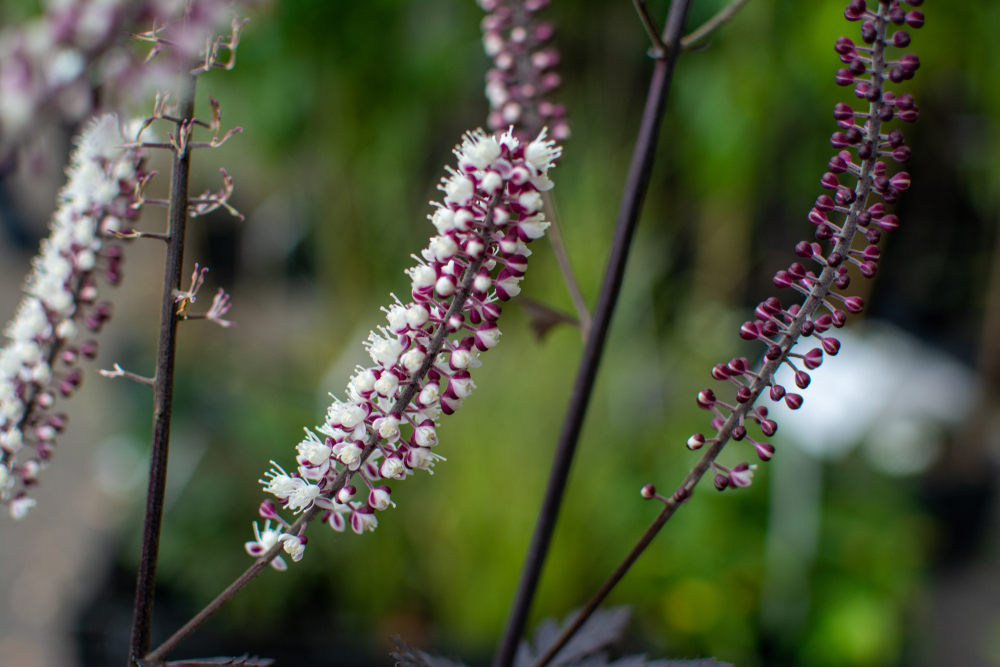
Black cohosh is a traditional herbal medicine that may help to reduce menopausal symptoms through direct action on the brain, lowering levels of LH (luteinizing hormone) to help normalize oestrogen and progesterone balance. It also helps to alleviate hot flushes, night sweats, low libido, insomnia, anxiety and mood swings.
Sage
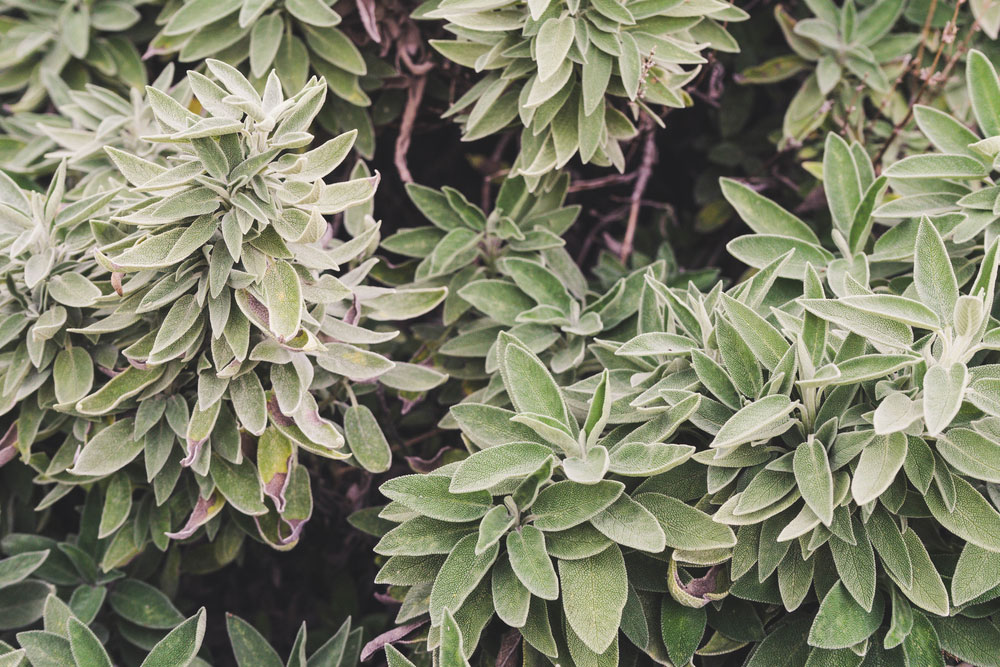
Sage leaf extracts help reduce menopausal hot flushes that can contribute to feelings of anxiety
Agnus Castus
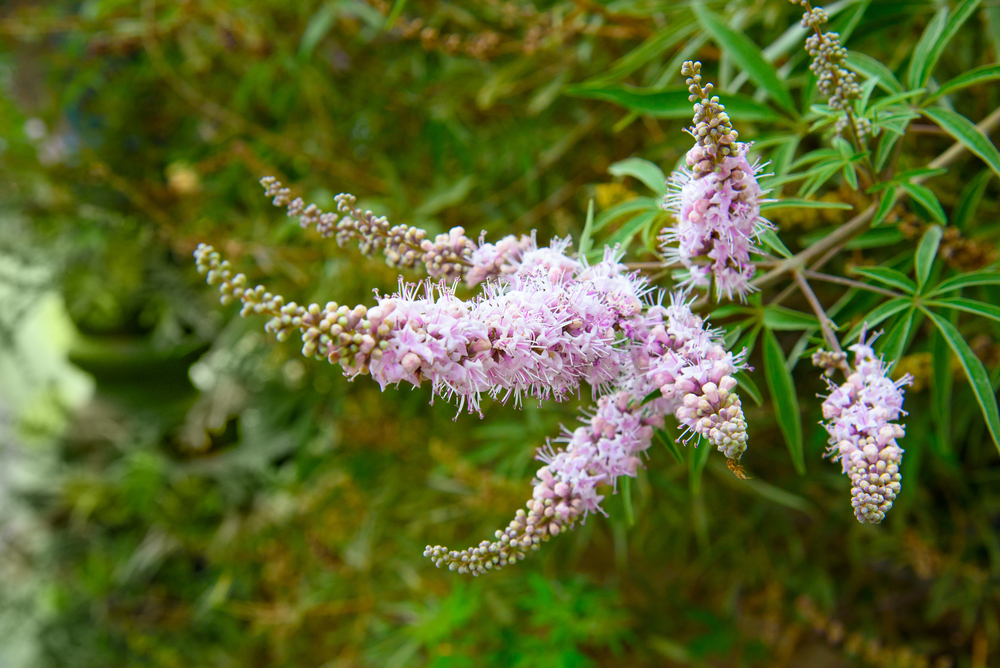
Agnus Castus helps to balance hormones as well as helping to manage erratic moods.
Dietary helpers
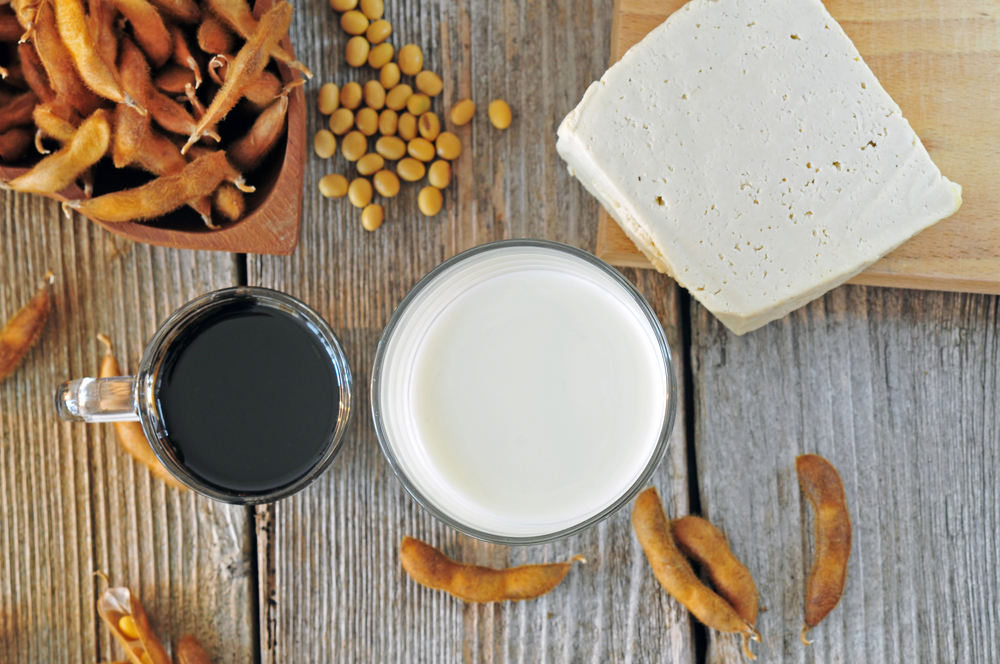
Foods that are high in phytoestrogens (plant chemicals similar to natural oestrogen) can help to ease symptoms. Think soya, tofu, flax, pumpkin, sunflower or sesame seeds and green beans. Alternatively, you may like to consider taking a phytoestrogen supplement.
Foods to avoid

Some foods can make symptoms such as hot flushes worse and should be avoided or at least cut back on, especially at night. These include coffee, alcohol, spicy food and chocolate. Other foods to watch out for are those high in saturated fat such as red meat, dairy and fast foods as they may raise your cholesterol as well as your risk of heart disease.
Supplementary benefits
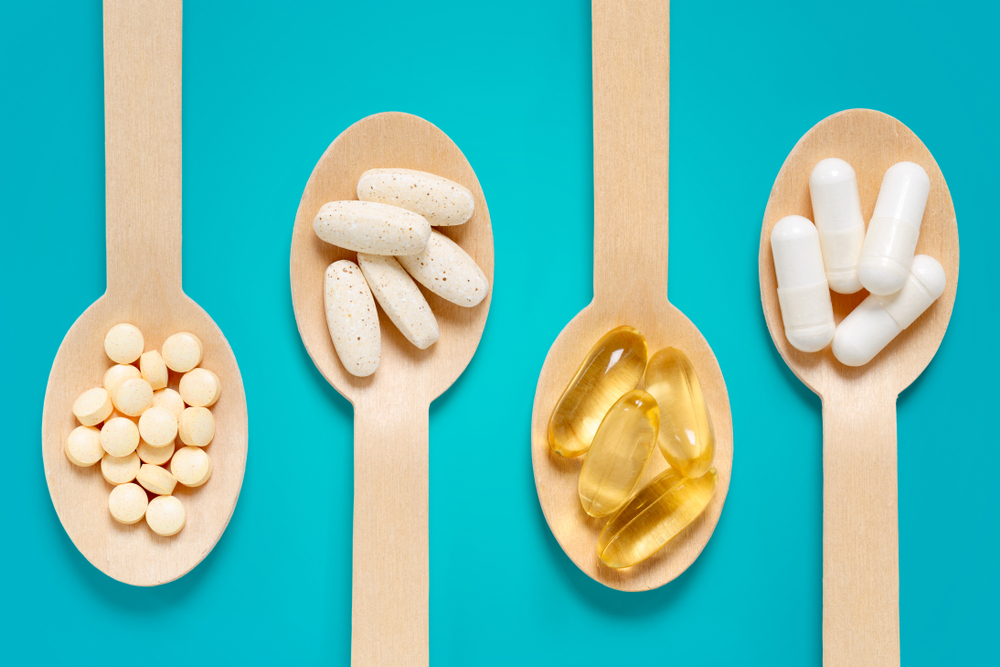
Taking a good multi vitamin and mineral designed specifically for the menopause will ensure you get a bit of everything during this time of transition. It should include good levels of antioxidants like vitamins A and E and the minerals zinc and selenium (to help slow the ageing process). Also look out for B vitamins (for anti-stress and energy), vitamin D3, calcium, magnesium and boron (all good for bone health) and chromium (for blood sugar balance).
Keep moving
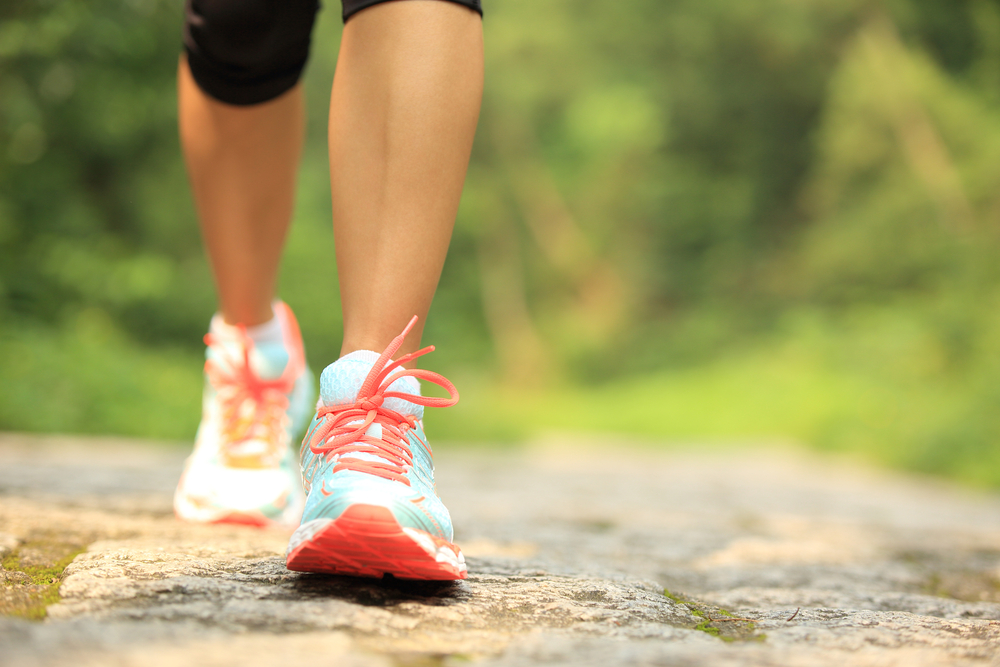
Research shows that regular daily exercise (brisk walking, stretching, muscle-strengthening and relaxation exercises) can help reduce menopausal symptoms.
The NHS advises at least 150 minutes of moderate intensity activity a week (that’s 30 minutes, 5 days a week) or 75 minutes of vigorous intensity activity a week
Positive thinking
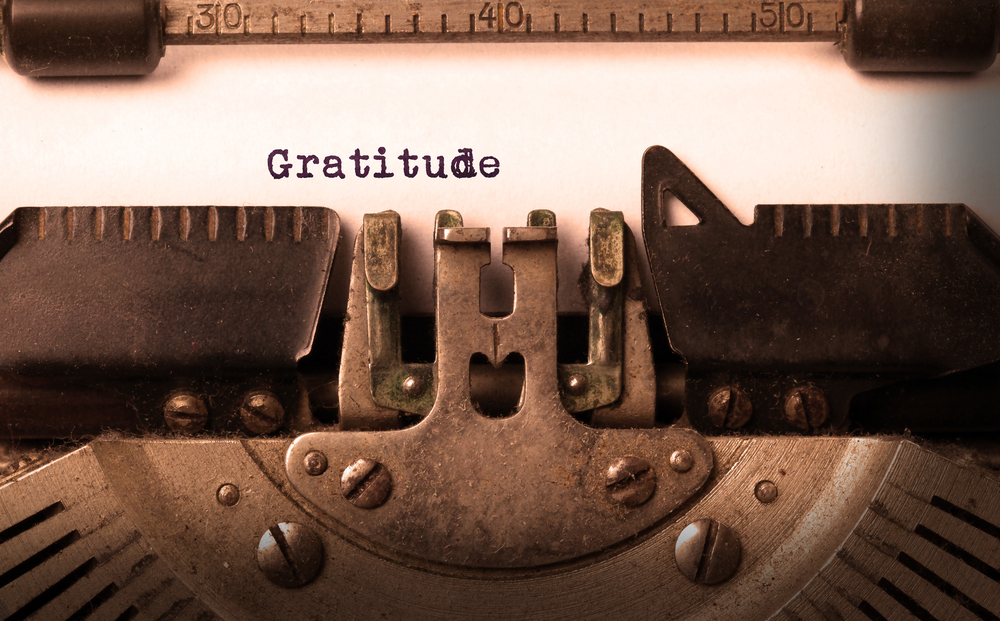
You may be dreading the menopause but if you adopt the right approach, it can become a rewarding time rather than the end of life as you once knew it. Just think – no more periods!
Taking up a daily gratitude practice has been shown to have a positive impact on mental health and outlook. At the end of the day note down three things that you are grateful for including your health and body.
Advice for night sweats
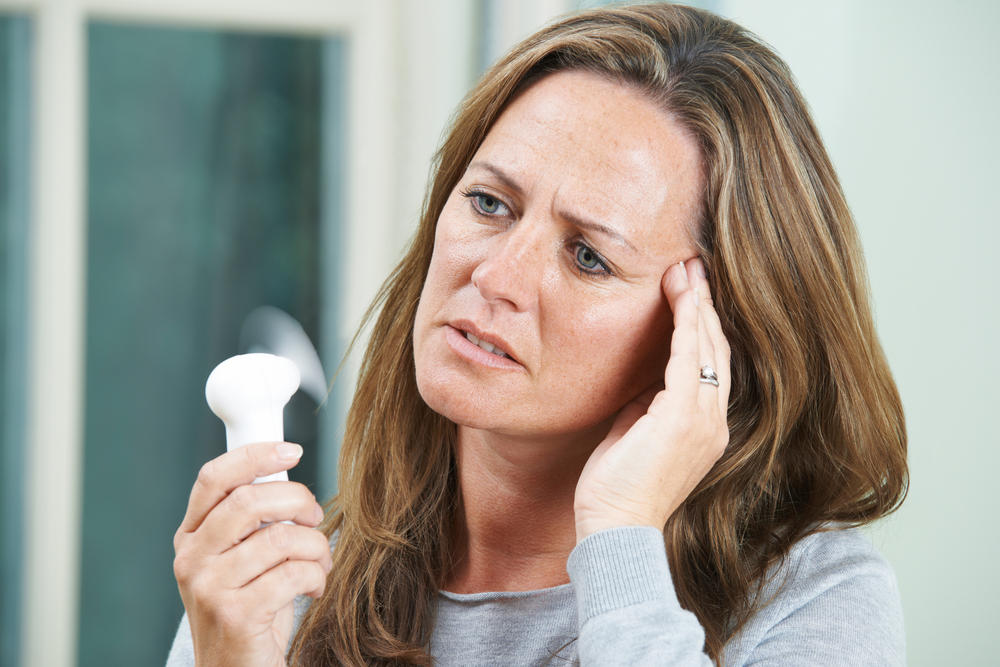
Feeling overly hot at night can hinder sleep. Here’s how to keep the heat at bay:
Cotton on
Cotton sheets and pillowcases help wick away the sweat, which keeps you cooler.
Dress light
Cotton or linen nightwear helps keep you cool as skin can breathe more easily.
Check the temp
The optimum room temperature for sleep is 18-20C. If your bedroom is warmer use a fan or open the window to help bring the temperature down.
Watch your tipple
Steer clear of hot drinks, alcohol, caffeine, and heavily spiced drinks (and food) too close to bedtime.

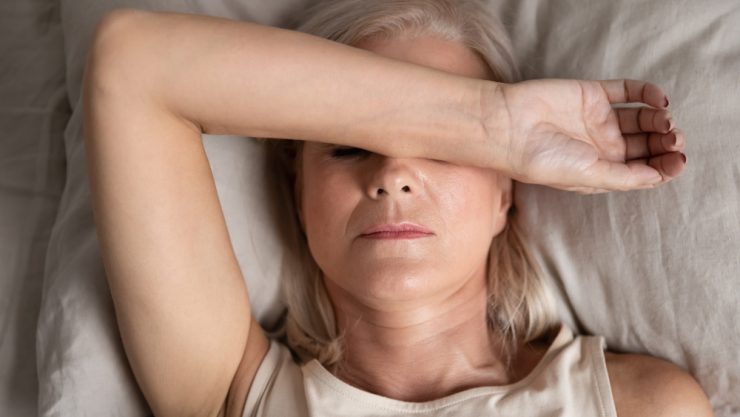






















Add comment